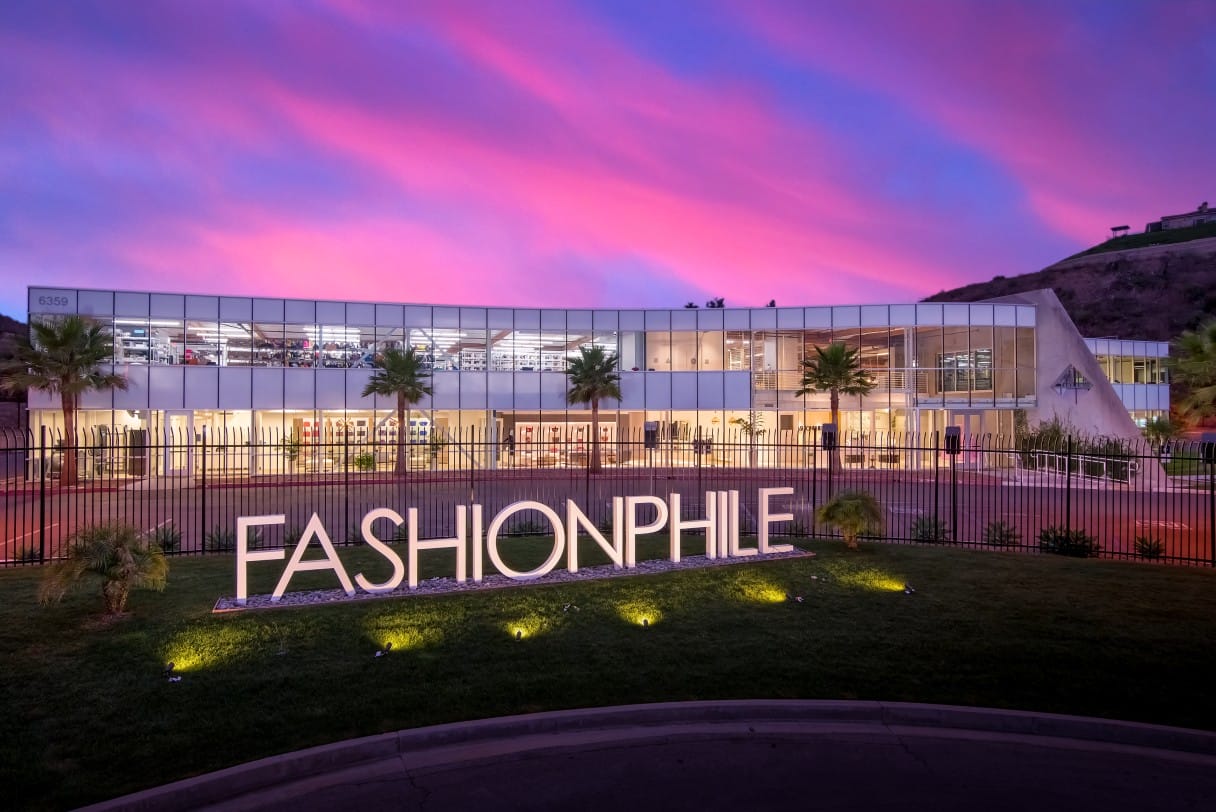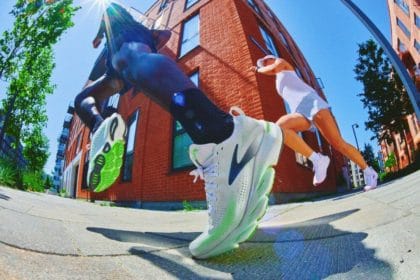The rise of designer resale websites has revolutionized the luxury goods market, offering a sustainable and accessible alternative to traditional retail. The global luxury resale market was valued at US$32.61 billion in 2021 and is expected to reach US$51.77 billion by 2026.
This growth can be attributed to several factors, including the increasing awareness of the environmental impact of fast fashion and the desire for more sustainable shopping options. Resale provides a more eco-friendly way to change up one’s style, with extending the life of just one item through resale reducing its environmental impact by 82%.
Millennials and Gen Z are driving this trend, adopting secondhand fashion 2.5 times faster than other age groups. These younger generations are motivated by conscious shopping and seeking sustainability, as well as the allure of limited capsule collections and fashion drops that create scarcity and fuel the secondhand market for new or nearly new items.
Online luxury resale platforms such as Fashionphile have transformed the secondhand market by offering a seamless end-to-end experience, complete with curation, authentication, and personalized experiences driven by deep data insights. By focusing on improving the consumer experience, these platforms have made recommerce more convenient and accessible than ever before.
Fashionphile is an ultra-luxury pre-owned retailer, founded by Sarah Davis in 1999 as a way to pay off her law school loans. Initially starting as an eBay store selling pre-owned luxury handbags, the company quickly gained a reputation as the go-to designer detective for fashion enthusiasts seeking authentic pre-owned designer bags. In 2006, Davis partnered with her brother-in-law Ben Hemminger to expand the business and moved it to Beverly Hills, California.
The following year, they launched a website to sell their products. Over the years, Fashionphile has experienced tremendous growth, with sales increasing by 50% annually over the past five years. In 2019, the company’s revenue was expected to reach $200 million. As of 2023, Fashionphile had 328 employees and generate between $450 million and $500 million in gross sales.
Fashionphile’s success led to the opening of three boutiques across California and a partnership with Neiman Marcus, one of the world’s most trusted ultra-luxury resale companies. This collaboration allows customers who purchase online from Fashionphile to have their orders shipped to select Neiman Marcus locations for pick-up. Additionally, customers selling their pre-owned accessories to Fashionphile can drop off their items at select Neiman Marcus locations.
Luxury brands have traditionally been hesitant to embrace the resale market, fearing cannibalization of new product sales and dilution of their brand’s exclusivity. However, some brands, such as Stella McCartney and Burberry, have publicly endorsed luxury resale, recognizing the potential to attract younger affluent customers and boost their sustainability credentials.
In November 2021, Neiman Marcus Group (NMG) acquired a minority stake in Fashionphile and announced plans to open Fashionphile Selling Studios in an additional nine stores. This partnership further solidified Fashionphile’s position in the luxury resale market, which was estimated to be worth $33 billion in 2021. Fashionphile’s rise to success can be attributed to its focus on authenticity, sustainability, and adapting to market trends.
Despite the overall positive impact of resale, it is essential to consider that many resale reports are commissioned by the resale players themselves. As the market continues to grow, resellers will compete for direct partnerships and strategic alliances with luxury brands, hoping to become the platform that sells vintage on their behalf.
In conclusion, the rise of designer resale websites has significantly impacted the luxury goods market, offering a more sustainable and accessible alternative to traditional retail. As consumer preferences continue to shift towards conscious shopping and sustainability, it is likely that the luxury resale market will continue to grow and evolve, presenting new opportunities and challenges for both luxury brands and resale platforms.

















